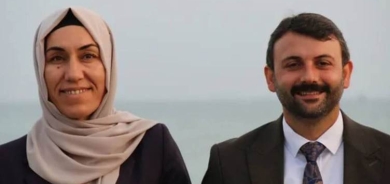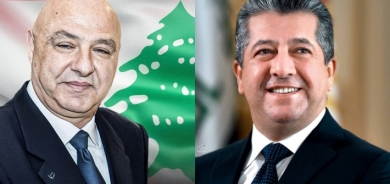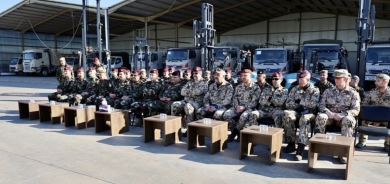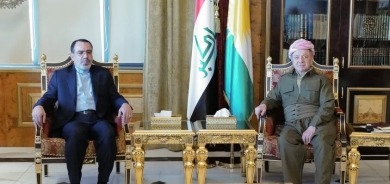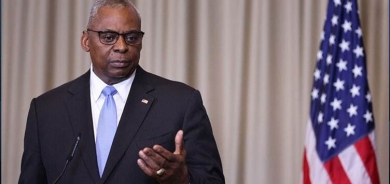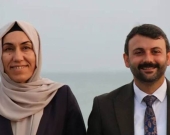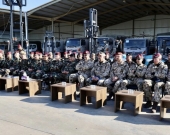Syria general deserts senior command in Damascus

His decision provides further evidence that the military balance inside the country is swinging against President Bashar al-Assad's government. At the beginning of the year, the rebel Free Syrian Army (FSA) was on the defensive, evicted from its strongholds by the regime's superior firepower.
Since then, however, the insurgents have become an effective fighting force, deploying anti-tank weapons provided by Saudi Arabia and Qatar to strike Mr Assad's mechanised infantry with increasing regularity.
The general fled into Turkey during the course of Sunday night, arriving yesterday morning. Mustafa al-Sheikh, head of the FSA military council, said the general had travelled all the way from Damascus where he was "responsible for a large ammunitions store". Mr Sheikh added: "It remains under the control of the Syrian army but he was able to escape".
He spoke inside Apaydin camp in Turkey's Hatay province, where the general is believed to have been taken. This base, heavily guarded by the Turkish army, was set up specifically for defecting Syrian officers and their families.
The general was "exhausted," said Mr Sheikh, adding that "Free Syrian Army groups in Damascus helped him to escape the capital".
He travelled secretly, moving along back lanes to pass through a string of villages that are loosely under the control of the opposition. In each town, he was passed on to a new FSA unit, until he eventually reached the Turkish border.
The operation to bring in the defectors had been planned for weeks, according to opposition activists. Louay al-Mokdad, a logistical coordinator with the FSA in Turkey, put the total at 22; other reports suggested that more might have arrived.
"They are not from the same city or from the same division," said Mr Mokdad. "We brought them across all together because it was safe for them to move this way."
Last week, a Syrian air force officer flew his MiG 21 jet to Jordan where he handed himself over. Mr Mokdad said that a government paramilitary force known as the Shabiha had already retaliated by setting fire to the homes of the pilot, his brother and his mother. "Thankfully they had already fled Syria," said Mr Mokdad.
Fearing reprisals of this kind, Syrian troops rarely defect without first securing a means of escape for their entire families. Yesterday's arrivals brought their relatives with them, meaning that the total size of the party was over 100.
The number of defections into Turkey is rising, with activists saying that lower-ranking officers desert on a near "daily" basis. "We have noticed increases in defections since the regime started using heavier weapons. When they started firing missiles from helicopters, a lot of army officers decided that they couldn't take part. Yes, they are in the regime's army, but they are still our brothers," said Mr al-Mokdad.
The general's arrival was a "wake up call for all the officers in the Syrian army. It will encourage more people to realise that they can leave," he added.
Buoyed by their recent successes, opposition activists and FSA fighters estimate that up to 60 per cent of Syria has become a form of "no-man's land", outside of any group's control.
This was not the first incident of mass defection from the higher ranks of the army. In March, 50 officers - including six brigadier-generals - deserted in the space of a week. In all, 13 generals have decamped across the border since the uprising began, although there are three different tiers of general in the Syrian army and the latest arrival is believed to be the most senior.
The fact that the latest defections follow one of the bloodiest periods in the 15-month conflict may not be coincidental. About 700 people were killed last week, according to pro-opposition human rights groups. Tellingly, more than 200 were from loyalist forces. Such a fearsome level of attrition has a corrosive impact on army morale and points to the rebels' increasing capability.
But Mr Assad's elite units, which he relies on for the toughest fighting, are recruited exclusively from his minority Alawite sect. They have seen few defections - and none from the most senior ranks.
Source: The Telegraph


